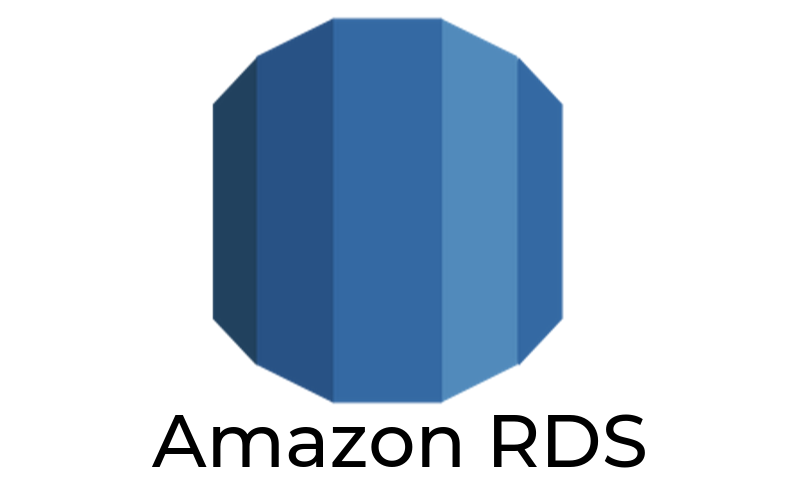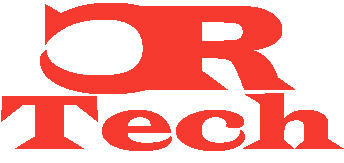Difference between Amazon RDS and Amazon EC2 Relational Databases in AWS

TL;DR:
Amazon RDS enables you to run a fully featured relational database while offloading database administration. Whereas, for more control and flexibility, EC2 will be better for your relational database.
If you want an automated and cost-effective solution, go for RDS. With Amazon RDS, AWS will take care of your database from end-to-end. AWS offers an automated process for configuring, managing, maintaining, and securing. Whereas, for more control and flexibility, EC2 will be better for your relational database.
RDS vs EC2 differences:
Administration
In RDS, AWS takes full responsibility for your database. The entire process of configuration, management, maintenance, and security is automated by AWS. RDS is easy to set up, cost-effective and allows you to focus on more important tasks. RDS is easy to set up, cost-effective and allows you to focus on more important tasks.
EC2 gives you full control over your database, OS and software stack. It allows you to hire your own database administrators. They will help you manage your database by looking after backups, replication, and clustering. It
Availability
RDS is a highly available relational database. It automatically creates a primary DB instance and replicates the data side by side to a standby instance in a different Availability Zone.
With EC2, you have to set up your database for high availability.
Scalability
Scaling up your database is comparatively easier with Amazon RDS. This can be done by adding replicas. It allows you to easily configure read replicas or set up synchronous replication across availability zones for enhanced performance, availability, and durability.
With EC2, you have to setup such architecture (Availability Groups, Sharding, and more) manually with help of other EC2 instances and load balancer.
Backups
RDS offers automated backups. Plus you can get snapshots on-demand and keep them with you as long as you wish to.
With EC2, you have to take care of backup.
Performance
RDS offers Provisioned IOPS or PIOPS to achieve fast, predictable, and consistent Input/Output performance.
EC2 allows you to meet unique performance, replication, archival or DR requirements by giving you the required flexibility. You can choose the EBS (SSD) volume as per the your need.
Storage
In RDS, you get 3 types of storage options:
General Purpose SSD: offer cost-effective storage that is ideal for a broad range of workloads. These volumes deliver single-digit millisecond latencies and the ability to burst to 3,000 IOPS for extended periods of time.
Provisioned IOPS: is designed to meet the needs of I/O-intensive workloads, particularly database workloads, that require low I/O latency and consistent I/O throughput.
Magnetic: supports magnetic storage for backward compatibility
In EC2, you get the following:
You can get up to 8000 IOPS and 800 MBPS with provisioned IOPS and the right EC2 instance (It depends on instance type).
You can use EBS RAID and striping configurations for higher and better performance.
Compatibility
RDS supports Aurora, SQL Server, MySQL, MariaDB, PostgreSQL, and Oracle.
With EC2, you can configure any database you want.
Control
With RDS, You don’t have control over the system.
EC2 offers complete control over the system. Complete control is one of the key benefits of EC2.
Security
RDS offers encryption at rest and in transit. Data that is encrypted at rest includes the underlying storage for DB instances, Read Replicas, its automated backups and snapshots.
In EC2, EBS volumes are encrypted to protect your data, both at rest and in motion. This is majorly beneficial when traveling from EBS volume to EC2 instance.
Pricing
It depends on RDS and EC2 instance type. You can estimate the cost using the AWS cost calculator.
Summary
If you want an automated and cost-effective solution, go for RDS. Whereas, for more control and flexibility, go for EC2.
RDS has a little edge over EC2:
1. Optimized DB Solutions & Replication: There is no need to manually set up database mirroring and failover clusters since you get highly optimized database solutions and synchronous Multi-AZ replication.
2. Outsource tasks: You can outsource tasks like database provisioning, security, and updating versions. No need of DBAs.
3. Focus on important tasks: It allows you to focus on tasks like schema optimization and performance tuning.
4. Automatic Backups: In case of a disaster, RDS manages your backups automatically.
However, EC2 is also preferred by few people:
1. Full control: It gives you maximum control over software stack, database, and OS.
2. Database Admins: Manage your database by looking after clustering, replication, and backups.
3. More features: You can use SQL Server features that aren’t currently supported by Amazon RDS. (Now RDS supports SSRS)
4. High Performance: It allows you to exceed your maximum database size and performance needs.


